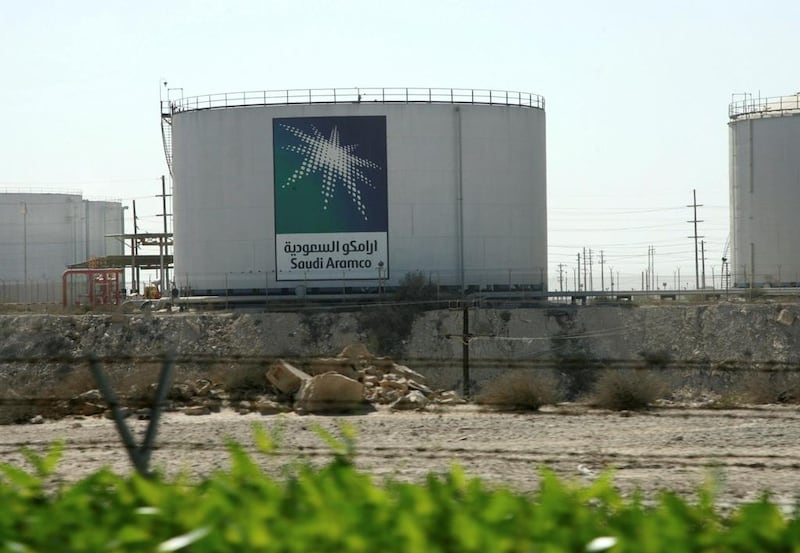Saudi Aramco, the world’s largest oil producing company has completed the acquisition of a Dutch rubber joint venture in a transaction valued at €1.5 billion (Dh6.3bn).
The Saudi state confirmed its purchase of the remaining 50 per cent stake in Netherlands-based Arlanxeo, acquiring the shares of its partner, German specialty chemicals company Lanxess. Aramco and its Dutch partner had formed a speciality chemicals joint venture in 2016.
All relevant authorities had granted approvals for the transaction first announced in August, Aramco said in a statement.
"Arlanxeo, now as a 100 per cent owned Saudi Aramco subsidiary, represents an essential component to our global position in the chemicals market,” said Abdulaziz Al Judaimi, Saudi Aramco senior vice president, downstream.
"Full ownership of Arlanxeo will further diversify Saudi Aramco’s downstream portfolio and strengthen capabilities along the energy and chemicals value chains,” he added.
______________
Read more:
Saudi Aramco takes full ownership of Dutch firm in €1.5bn deal
Adnoc and Aramco to partner on $44bn Indian refinery
______________
Saudi Aramco had said in its August announcement that the acquisition will accelerate the growth of the company into new chemicals including butadiene and isobutylene.
The two chemical compounds are used largely in the manufacture of synthetic rubber.
Saudi Aramco, which produces and sells crude on behalf of the Saudi state, has expressed its intentions to become an “energy and chemicals” company as it looks to earn greater margins from the sale of refined products.
Aramco has progressed with large-scale chemical ventures at home and abroad including the development of a $20bn oil-to-chemicals facility along the Red Sea coast in the kingdom as well as a $44bn refining and chemicals complex on the west coast of India. The plans are at the heart of its diversification strategy that aims to convert two to three million barrels of oil products per year into chemicals.







